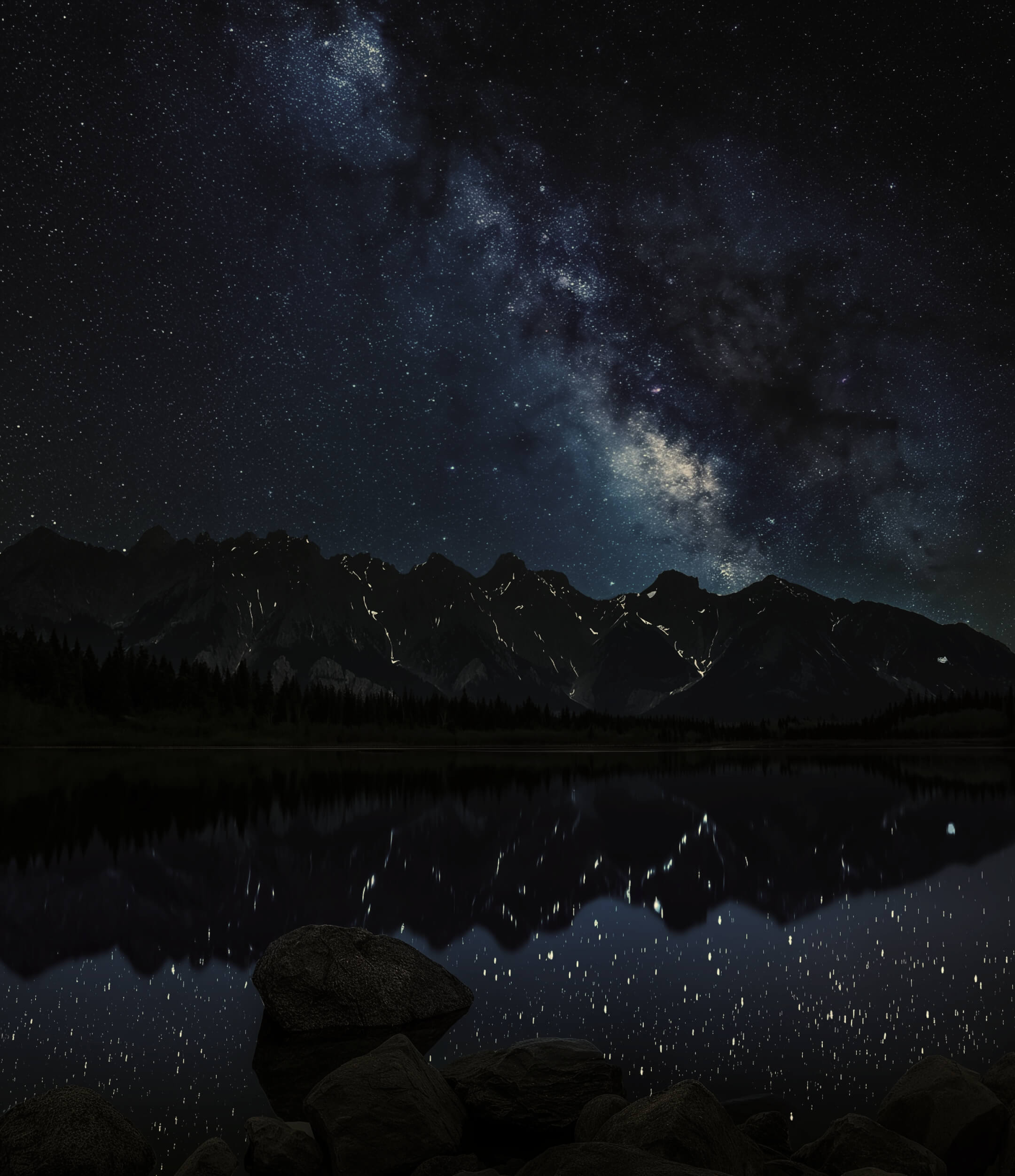Mark Phillips, New Member of the Chilean Academy of Sciences: “Astronomers Must Defend Places Where There Are Dark Skies”


Posteado
Cielos Chile
schedule Friday 23 de May
Astronomer Mark Phillips, a pioneer in the protection of dark skies in Chile, joined the Chilean Academy of Sciences this month. In an interview with The Skies of Chile Foundation, he reflects on his career, key milestones in his research, and the future of astronomy in the country.
Mark Phillips came to astronomy almost by chance. While studying Physics at university, his sister took an astronomy class and asked for his help. After reading the course textbook, he was fascinated and decided to change the course of his career. Years later, he would go on to lead Cerro Tololo Observatory and be named Emeritus Director of Las Campanas Observatory, cementing a career of more than four decades in Chile.
“There were no longer many good places for astronomy in the United States due to light pollution. When I was finishing my PhD, an astronomer working at Cerro Tololo told us about Chile and its privileged conditions for observation,” Phillips recalled. In 1977, he arrived in the country with a two-year postdoctoral fellowship, and after a brief stay in Australia, he settled permanently in Chile.
On Wednesday, March 26, Phillips was inducted into the Chilean Academy of Sciences, a recognition of his more than 40-year career in astronomy. “It’s a tremendous honor. I’m not Chilean, I don’t have the nationality, but I feel more than half Chilean. I’ve lived here for 46 years—most of my life. Being recognized in Chile is an unexpected privilege,” he said.
Milestones in Astronomy
Throughout his career, Phillips has made key contributions to the study of supernovae—stellar explosions that are crucial to understanding the expansion of the universe. His most recognized work is the Phillips Relation, which allowed a specific type of supernova (Type Ia) to be used as a precise tool for measuring cosmic distances.
Perhaps the most important milestone in his career came as part of the Calán-Tololo Project, alongside astronomers Mario Hamuy, José Maza, and Nicholas Suntzeff. Their work helped develop a methodology for measuring the deceleration of the universe—only to discover that the universe was not slowing down but expanding at an accelerating rate.
Fighting Light Pollution
Phillips’ contribution to astronomy in Chile goes beyond academia—he was one of the pioneers in raising concerns about increasing light pollution. “I’ve witnessed how the skies have changed. When I arrived, La Serena and Coquimbo were small cities with much less artificial lighting. Urban growth changed that,” he explained.
In the 1990s, along with other astronomers, he worked on Chile’s first light pollution regulation, enacted in 2002, which significantly reduced upward light emissions. However, with economic growth and the spread of LED technology, new regulations became necessary. “Now we have one of the best lighting regulations in the world, but without effective enforcement, they’ll remain just words on paper. Public awareness is key, and The Skies of Chile Foundation is a fundamental tool for raising awareness among the public and government,” he emphasized.
The Future of Astronomy in Chile
Although Phillips retired from observatory work in 2021, he remains active in research and in efforts to combat light pollution. “Chile is still the future of astronomy—as long as we protect our skies. The largest telescope in the world is being built here,” he added.
He is optimistic about the next generation of astronomers: “It’s amazing to see so many young people interested in astronomy. It’s not just Professor Maza—he laughs—I have friends whose children and grandchildren are studying astronomy. It’s a fascinating science, and its impact on Chile could be enormous for the development of science as a whole.”
With a career that transformed our understanding of the universe and a pivotal role in protecting Chile’s dark skies, Mark Phillips remains committed to a future where Chile leads global astronomy. “As astronomers, we must defend places where there are dark skies. We cannot be neutral in this,” he concluded.

Subscribe to our newsletter
Receive relevant information about the skies of Chile every month
